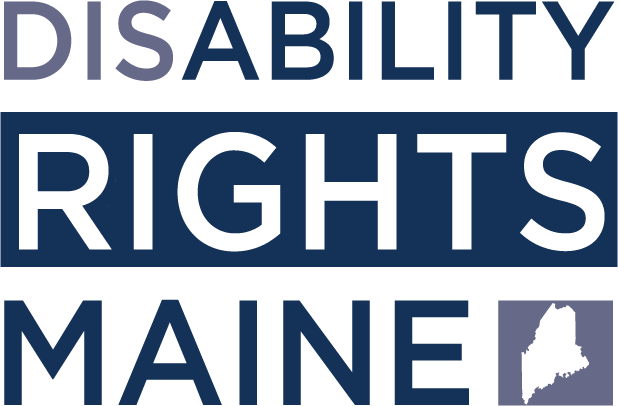Assistive Technology
This information is provided as background information and is not intended as legal advice. If you are a person with a disability with questions about your rights or if you believe you were discriminated against because of disability, contact Disability Rights Maine at 800.452.1948, by email to advocate@drme.org, or through our online intake form.
How Can We Help?
Contact us anytime. DRM wants to hear from you. Whether you’re looking for advocacy, have a question, or just want to connect, please reach out.
